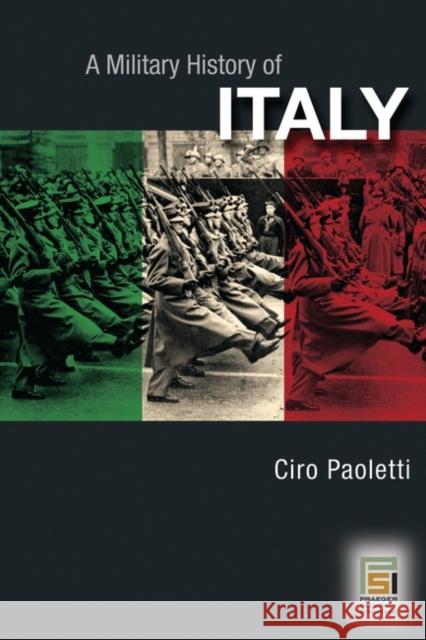A Military History of Italy » książka
A Military History of Italy
ISBN-13: 9780275985059 / Angielski / Twarda / 2007 / 296 str.
This book follows Italy's military history from the late Renaissance through the present day, arguing that its leaders have consistently looked back to the power of Imperial Rome as they sought to bolster Italy's status and influence in the world. As early as the late 15th century, Italian city-states played important roles in European conflicts. After unification in 1861, the military would become the nation's unifying force, the melting pot of the state. Italy's industrial and then colonial expansion brought it into the wars of the 20th century. The rise of fascist movement was the disastrous consequence of Italy's desire for colonial and military power, a history that the nation still confronts as it seeks to play a role in world politics.Wealthy, urban Italy has always had great political, cultural, and strategic importance for Europe. The leaders of its independent city-states intervened militarily in struggles among the European powers to its north and west but also against the expanding Muslim empires to its south and east. Italian culture supported military innovation, developing (for instance) new fortifications and naval organizations. After centuries of division, which limited Italy's power against the larger, unified European nations, the military played an important role in the nationalist unification of the entire country. Rapid industrialization followed, and along with it Italy's forays into overseas colonialism. Italy became a major power, but its turn to militant fascism during its expansionist era continues to haunt its state and military.











